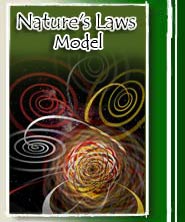Alberta Online Encyclopedia
|
|
|
|
|
||||
 |
|||||||
 
|
Home | About | Contact Us | Partners | Sitemap |
|
|||||
|
|
|||||||
|
Home>>
Context and Background>>
Indigenous People>> Knowledge
Organization : Social Memory |
|
||||||
| The Elements of Knowledge: Social Memory and the Application of Law |

|
||||||
|
The moral norms implicit in this judicial wisdom was passed on through storytelling, not through the development of certain "test cases" that then took on normativeness and eventually gave rise to abstract codes. As Cruikshank points out:
It follows that a case was not a straight re-telling of all pertinent details. To imply that one could do that is to imply that one has knowledge of all frames of reference relevant to the story, or at least one has complete view of all perspectives of this distant occurrence. Indigenous wisdom was too modest to make such claims, or at least too aware that there could be many conflicting frames to evaluate an important case. So Nature’s Law would be very reluctant to assign the place that we give to some basic principles, like "Thou shalt not lie," for the simple reason that no one could know what the ‘lie’ was unless it was experienced in a particular case, and then the understanding would require that it apply to that case rather than to establishing a fixed code about lying. True, the Indigenous accepted that this case was an example of lying, but they did not then go on to draw the conclusion that all lying was bad. It is precisely this variability of the frameworks of testimony that makes our designation in court of guilty or not guilty so artificial to Indigenous peoples. They have no word for such a concept. |
|||||||
 |
Copyright © 2004 Heritage Community Foundation , Chief Wayne Roan and Earle Waugh, PhD. All Rights Reserved |
 |
|||||
 |
|||||||